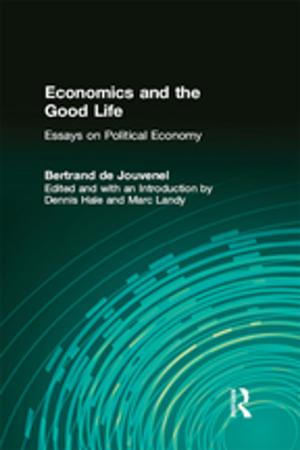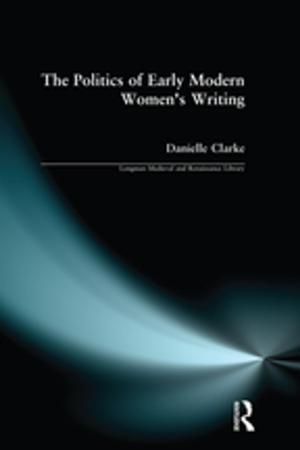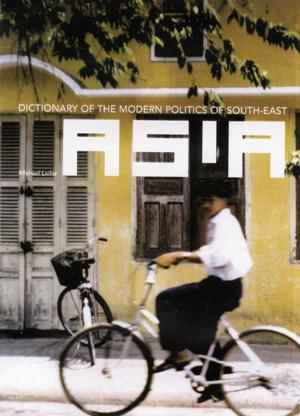Neill of Summerhill (Routledge Revivals)
The Permanent Rebel
Nonfiction, Reference & Language, Education & Teaching, Preschool & Kindergarten, Educational Theory, Educational Reform| Author: | Jonathan Croall | ISBN: | 9781135047306 |
| Publisher: | Taylor and Francis | Publication: | September 13, 2013 |
| Imprint: | Routledge | Language: | English |
| Author: | Jonathan Croall |
| ISBN: | 9781135047306 |
| Publisher: | Taylor and Francis |
| Publication: | September 13, 2013 |
| Imprint: | Routledge |
| Language: | English |
A. S. Neill was arguably the most famous child educator of the twentieth century. He was certainly the most controversial. All over the world, countless parents and teachers have been shocked, delighted or inspired by his subversive ideas about education, or by a visit to ‘that dreadful school’ which continues to this day – Summerhill.
First published in 1983, this sympathetic but critical exploration of his iconoclastic ideas and personality is the result of interviews with two hundred ex-pupils, parents and teachers about life at Summerhill, and of the practicality of Neill’s philosophy about child freedom. Jonathan Croall has also drawn on many unpublished letters and documents, which help to illuminate Neill’s personal struggles, and his analysis and friendship with Homer Lane, Wilhelm Stekel and Wilhelm Reich. The result is a fascinating and revealing portrait of a remarkable man who, in his absolute determination to be ‘on the side of the child’, remained in permanent opposition to the adult world.
A. S. Neill was arguably the most famous child educator of the twentieth century. He was certainly the most controversial. All over the world, countless parents and teachers have been shocked, delighted or inspired by his subversive ideas about education, or by a visit to ‘that dreadful school’ which continues to this day – Summerhill.
First published in 1983, this sympathetic but critical exploration of his iconoclastic ideas and personality is the result of interviews with two hundred ex-pupils, parents and teachers about life at Summerhill, and of the practicality of Neill’s philosophy about child freedom. Jonathan Croall has also drawn on many unpublished letters and documents, which help to illuminate Neill’s personal struggles, and his analysis and friendship with Homer Lane, Wilhelm Stekel and Wilhelm Reich. The result is a fascinating and revealing portrait of a remarkable man who, in his absolute determination to be ‘on the side of the child’, remained in permanent opposition to the adult world.















